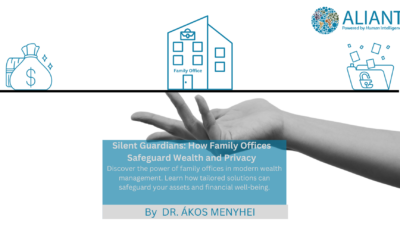There are a lot of people who have amassed a considerable amount of money during their life. Whether it is from a family inheritance, owning a successful company, having a high paying job, been fortunate with their personal investments, etc. Irrespective of how they have accrued their wealth it is vital they keep hold of their “nest egg” for as long as possible.
If you are one of those fortunate people who has a lot of assets then you must consider protecting those assets as soon as possible. It is never too late to consider asset protection because you never know what the future may hold for you and your loved ones.
You might be saying to yourself: “What is asset protection?” Asset protection is a form of advanced financial planning that helps you to protect your assets from any legal attack that may arise now or at any time in the future. These attacks may come from a government agency, a private party plaintiff, a lender or even a family member.
There is a misguided belief that asset protection is about engaging in fraud or about hiding assets. It is not. All asset protection strategies employed by asset protection lawyer are legal and legitimate.
An asset protection strategy uses estate planning tools to legally safeguard your assets. We often recommend combining asset protection with insurance coverage, including carrying a large umbrella policy.
When you want to protect your assets with an asset protection plan or strategy there is no one solution that will fit all your needs. As a matter of fact, there are dozens of commonly used structures. You will need to define your needs and goals, and with a little bit of common sense you will create a plan to protect your assets from anyone who thinks they are entitled to them. Here are some useful asset protection strategies:
It is better to keep a low profile and do not flaunt your wealth by being too extravagant.
Do not keep all assets under your name. It is better to spread the ownership of your assets and register the names of each of your assets in a separate legal entity or a trust. If you come across as an unattractive target for a lawsuit, hopefully no lawsuit will be filed to begin with.
Your liability exposure and the creditor’s ability to reach your assets varies greatly from state to state. Consult with someone who understands the laws of your state.
It is a good idea to ensure that you have sufficient liability insurance. Insurance has nothing to do with the value of your assets or your net worth. It should be sufficient to cover likely or possible claims.
Consult with someone who devotes a significant percentage of their practice to asset protection. It has become popular for many lawyers to add asset protection as a practice area on their website. This is one practice area where there is no substitute for practical experience. You want a lawyer who has completed a few hundred asset protection transactions.
FOLLOW US ON LINKEDIN
SEE MORE ALIANT INSIGHTS




